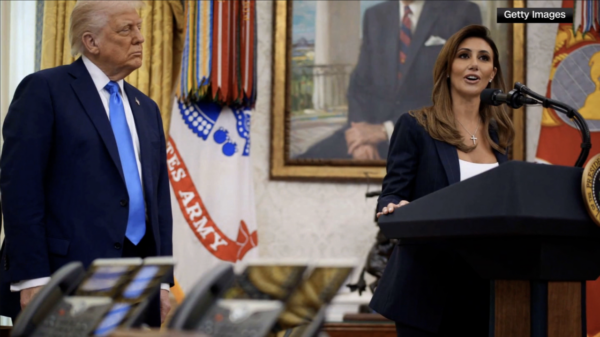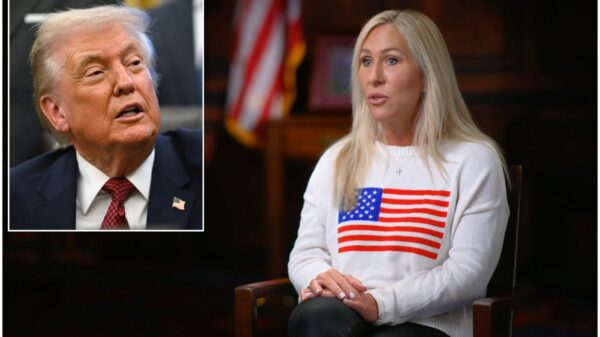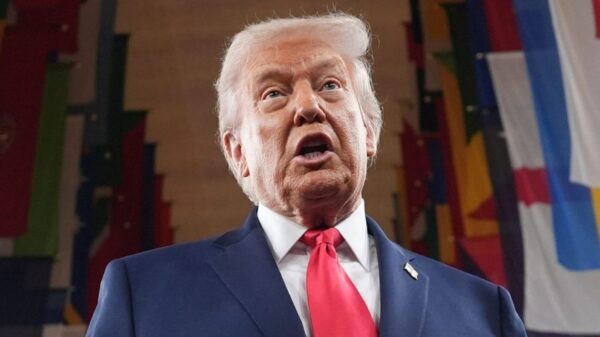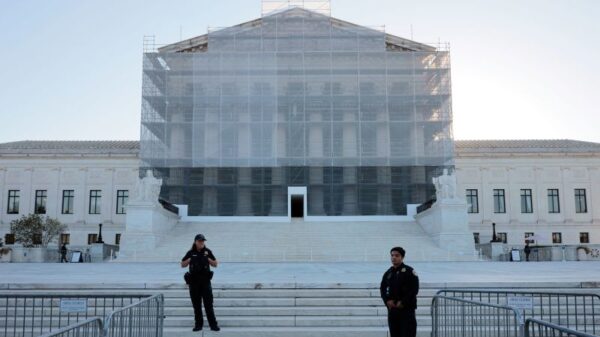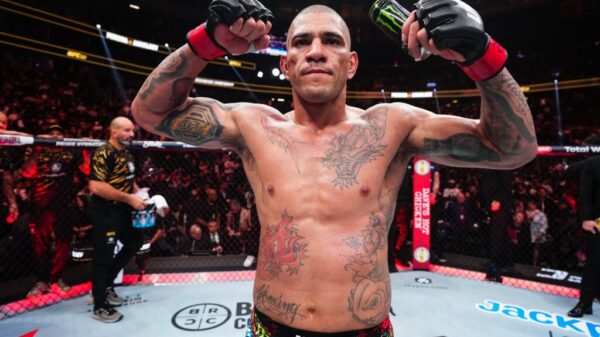Jerry Greenfield, co-founder of the renowned ice cream brand Ben & Jerry’s, has stepped down from his position as the company’s brand ambassador following a public disagreement with parent company Unilever. This development was announced in an open letter shared on social media by Greenfield’s business partner, Ben Cohen, on September 17, 2023.
In his letter, Greenfield expressed his concerns about the company’s stance on social activism, stating that it had been effectively muted by Unilever. He emphasized the importance of advocating for values such as justice and equity, particularly in challenging times. “Standing up for the values of justice, equity, and our shared humanity has never been more important—and yet Ben & Jerry’s has been silenced, sidelined for fear of upsetting those in power,” Greenfield wrote.
The letter signals a deeper conflict between the brand’s commitment to social justice and the corporate interests of its parent company. Greenfield highlighted the challenges faced by companies when they attempt to uphold their values in a corporate environment that may prioritize profits over principles. He stated, “The real test of values is when times are challenging and you have something to lose.”
Background on the Dispute
The public disagreement appears to stem from Unilever’s approach to activism, which Greenfield and Cohen argue has compromised Ben & Jerry’s longstanding mission. The company, known for its progressive values and social initiatives, has historically taken bold stances on various issues, including climate change and racial justice. Greenfield’s resignation raises questions about the future direction of the brand and its ability to maintain its identity under Unilever’s corporate umbrella.
Cohen’s support of Greenfield’s resignation signals a potential shift within the company, as he too has been a vocal advocate for social issues. The duo’s commitment to activism has been a defining characteristic of Ben & Jerry’s since its inception.
Impact on Ben & Jerry’s and Unilever
The implications of this resignation could extend beyond the internal dynamics of Ben & Jerry’s. Industry analysts are now watching closely to see how Unilever will respond to this public rift and whether it will alter its strategies regarding brand activism. As consumers increasingly demand corporate responsibility, the fallout from this conflict may influence how other brands approach social issues in the future.
Ben & Jerry’s has built a loyal customer base that values its commitment to social justice. This recent turn of events could test consumer loyalty and impact sales, particularly if customers perceive the brand as losing its activist edge.
Greenfield’s departure from his ambassadorial role poses a challenge for Unilever, which might need to reassess its approach to managing brands with strong activist identities. As the situation develops, the future of Ben & Jerry’s as a socially conscious brand could be at a crossroads, prompting a reevaluation of its commitments and values.
This unfolding story highlights the tensions that can arise within large corporations when individual brand values clash with corporate governance. Greenfield’s decision to resign emphasizes the importance of authenticity in brand messaging, particularly for companies that have built their identity around social responsibility. The outcome of this situation will likely resonate across the industry, influencing how other brands navigate the complex landscape of activism and corporate interests.



